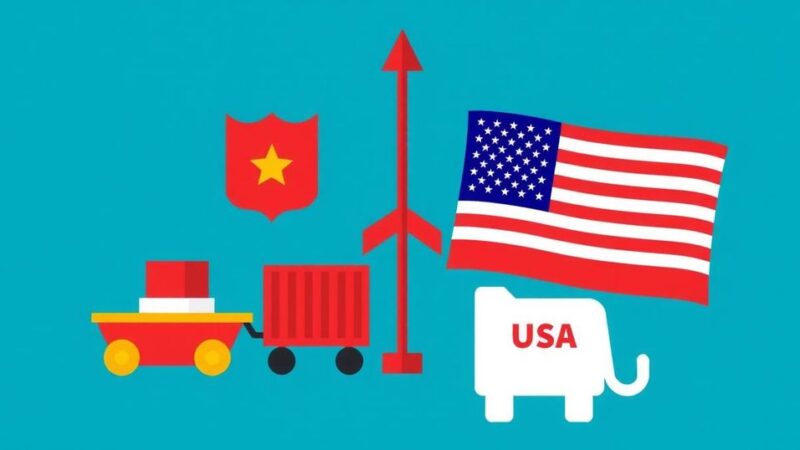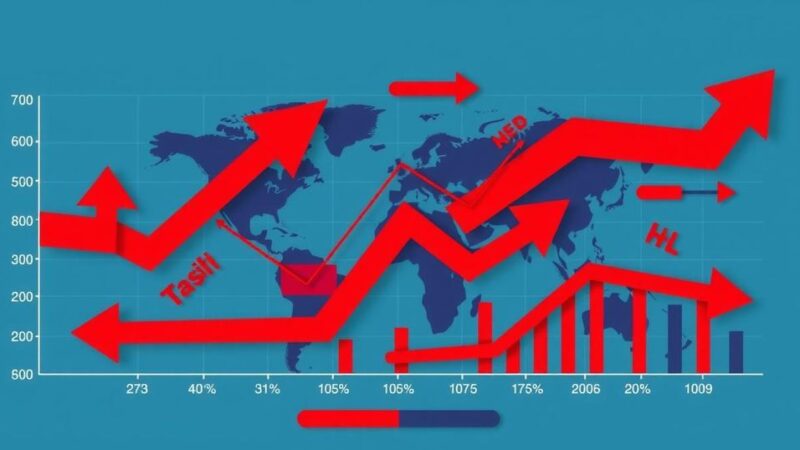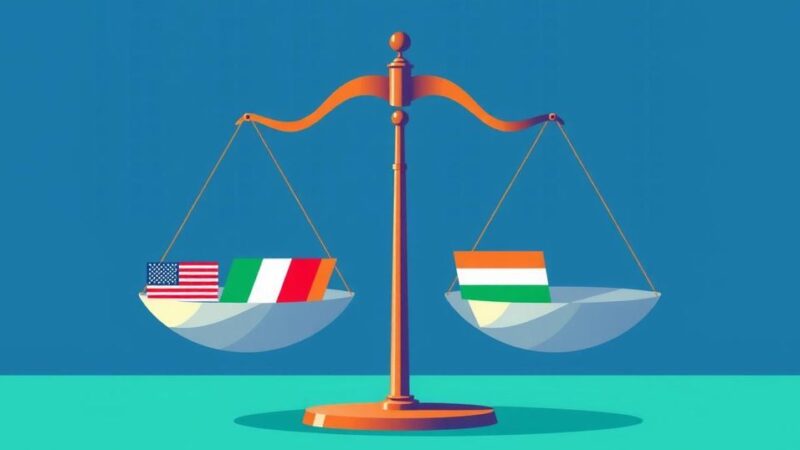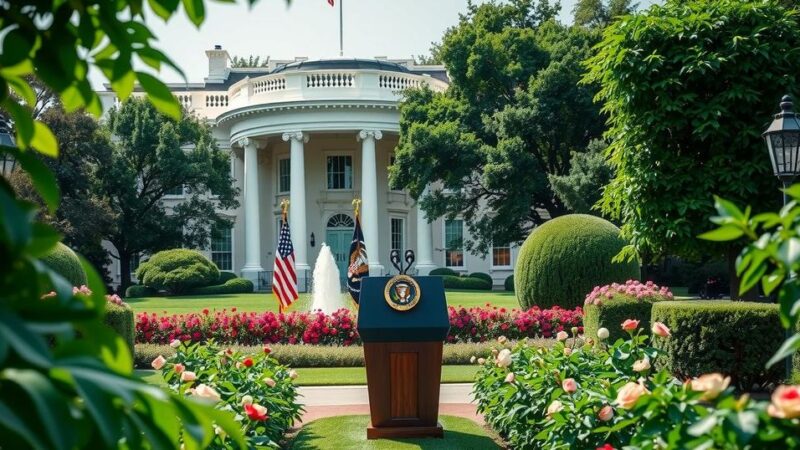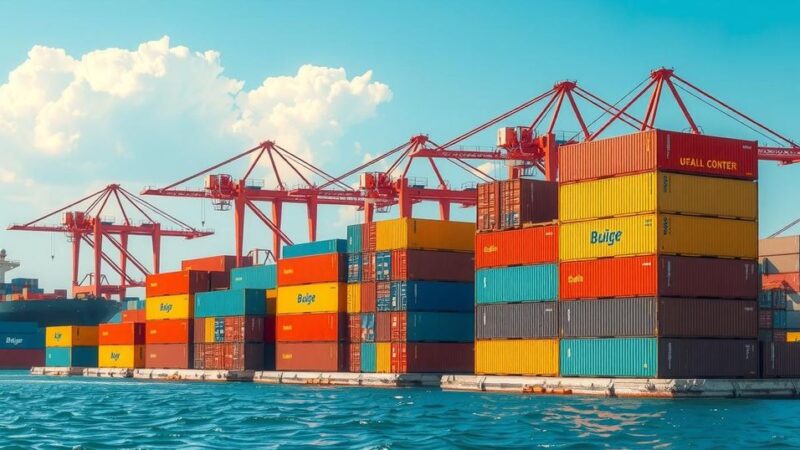The Trump administration has delayed and exempted tariffs on imports from Canada and Mexico to mitigate rising inflation risks. Despite initial announcements of sweeping tariffs, market backlash and industry pressure led to concessions. Economic experts emphasize the negative consequences of tariffs on both domestic production and consumer prices, prompting a reevaluation of trade policy moving forward.
The Trump administration has recently taken steps to delay and limit tariffs on imports from Canada and Mexico in light of potential economic repercussions. Initially, President Trump declared sweeping tariffs but subsequently negotiated a 30-day delay. Following market turmoil after these tariffs were enacted, the administration provided additional exemptions for several products due to lobbying efforts from business groups concerned about rising costs.
In the past month, President Trump has alternated between imposing tariffs and postponing them. His assertion that there will always be changes and adjustments signifies a strategic shift as he responds to economic pressures. While Trump’s economic team believes the tariffs align with their broader economic agenda, the delays highlight the risks associated with such policies at a time when consumer inflation is a concern.
President Trump has acknowledged the possibility of economic disturbances resulting from aggressive tariff implementation. Experts, such as Eswar Prasad from Cornell University, assert that tariffs can disrupt domestic supply chains, elevate prices, and negatively impact economic growth. This impending recognition suggests Trump’s administration must recalibrate its tariff strategies to mitigate adverse outcomes on the U.S. economy and financial markets.
Recent fluctuations in the U.S. stock market reflect investor anxiety over the administration’s tariff policies. Despite favorable employment statistics, wider indicators of consumer and business confidence indicate instability, primarily attributed to uncertainties regarding tariffs and their inflationary effects. Economists from Goldman Sachs have revised their growth projections downward, anticipating the lasting impact of higher tariff rates on economic performance.
Federal Reserve Chair Jerome H. Powell mentioned that tariffs could disrupt not only importers and exporters but also retailers and consumers. While typically considered a singular price spike, recurring increases may cause the Fed to reevaluate its current approach. Amid ongoing inflationary pressures exceeding the Fed’s 2% target, Powell highlighted that interest rates would remain steady for the time being.
Looking ahead, President Trump is poised to impose reciprocal tariffs on imports from various countries, including further actions against China and potential measures against the European Union. The administration has faced significant backlash from multiple industries, including agriculture and manufacturing, which prompted automobile executives to express that tariffs would substantially harm their profit margins.
Scott Lincicome of the Cato Institute remarked on the administration’s gradual acknowledgment of tariffs as detrimental taxes affecting American manufacturers reliant on imports. Amidst these challenges, administration officials attempted to defend the tariffs while considering strategies to address the backlash from affected markets.
At a recent event, Treasury Secretary Scott Bessent emphasized that access to inexpensive goods is not the core of the American dream, suggesting tariffs could lead to a one-time price adjustment. Further, the nominee for Bessent’s deputy, Michael Faulkender, posited that external factors may mitigate tariff impacts on consumer prices, depending on changes from Canada.
President Trump’s readiness to alleviate tariff pressures suggests potential flexibility in his trade policy moving forward. However, White House official Kevin Hassett cautioned against assuming that the administration would relinquish its tariff leverage easily, indicating complexities in future trade negotiations.
In summary, the Trump administration’s recent tariff delays and exemptions showcase a responsiveness to economic realities amid rising inflation concerns. While the administration initially pursued aggressive tariffs, backlash from various industries and market instability led to strategic adjustments. The commentary from economic experts underscores the negative implications of tariffs on both domestic and international markets, prompting a reconsideration of trade policies. The evolving landscape suggests that the administration must navigate these challenges carefully to maintain economic stability, while the uncertainty surrounding future tariffs remains a critical point of concern for all stakeholders involved.
Original Source: www.nytimes.com

